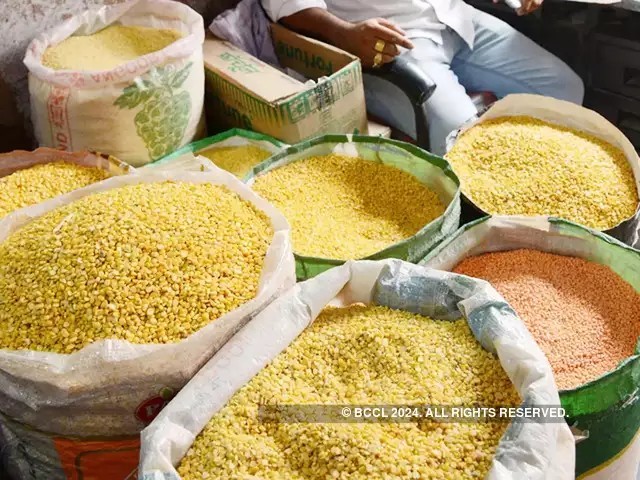
PULSE PORTAL

13.01.2024
PULSE PORTAL , Daily Current Affairs , RACE IAS : Best IAS Coaching in Lucknow
|
For Prelims:ABOUT PULSE PORTAL,CURRENT STATUS OF INDIA’S PULSES PRODUCTION,STATUS OF SUPPLY SHORTAGES |
Why in the news?
Recently, a PULSE portal has been launched by the government to buy pulses directly from farmers at support prices.
ABOUT PULSE PORTAL:
- The government launched a new portal where farmers can register and sell their produce directly to the central agencies at the minimum support price.
- The launch of the portal has led to a spike in consumer prices which were 18% higher year-on-year in November 2023.
- The Centre hopes that the promise of assured purchase at MSP will get farmers to plant more pulses and thus help cut down the imports.
- India expects to be a net exporter of pulses by the end 2027.
CURRENT STATUS OF INDIA’S PULSES PRODUCTION:
- The total pulses production in India has increased from 8347 thousand tons to 25,416 thousand tons from 1950 to 2019.
- The total production of pulses such as tur, urad and other lentils was estimated to be around 28 million metric tons in 2023.
- This was an overall improvement in production from the financial year 2002 across the south Asian country.
- India is the largest producer (25% of global production), largest consumer (27% of world consumption) and largest importer (14%) of pulses in the world.
- Pulses account for 7-10 per cent of the total foodgrains production in the country and around 20 percent of the area under food grains is under pulses production.
- Though pulses are grown in both Kharif and Rabi seasons but Rabi pulses contribute more than 60 per cent of the total production.
STATUS OF SUPPLY SHORTAGES:
- In the last few years, the production of pulses was estimated at 27-28 million tonnes.
- The imports were around 2.5 million tonnes in 2022-23.
- The shortfall of pulses is largely in varieties like arhar, where lower production led to a surge in prices and imports.
- Other than arhar, India also imports black gram and lentils.
- The government has allowed duty free import of pigeon peas, black gram and lentils till March 2025 to increase the domestic availability and lower retail prices.
- A higher supply of imported pulses can help lowering down local prices but it can further dissuade farmers from increasing the area under cultivation.
Source:Economic Times